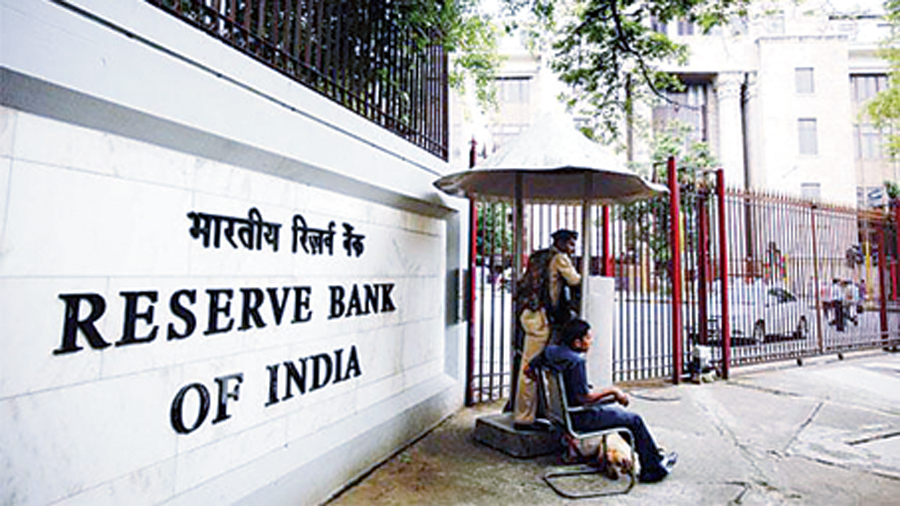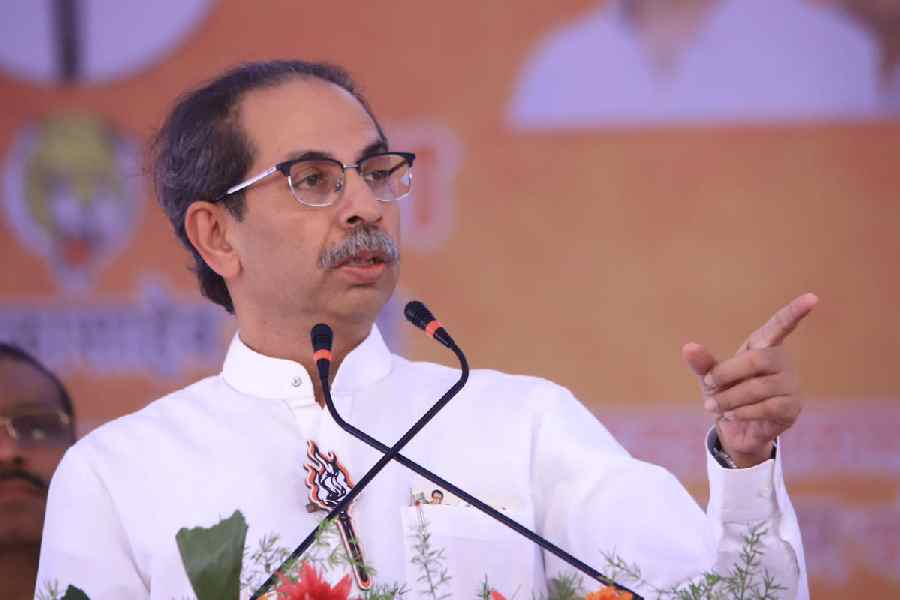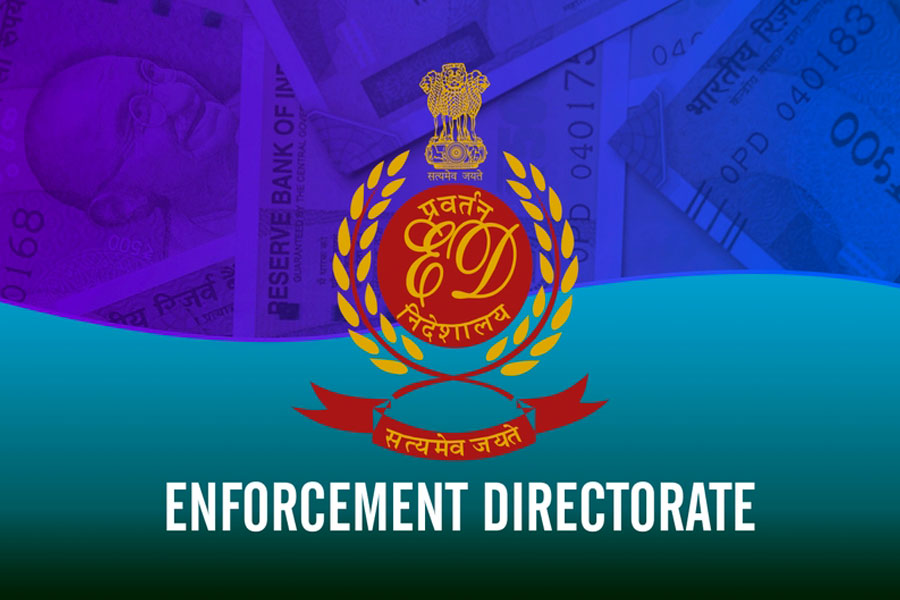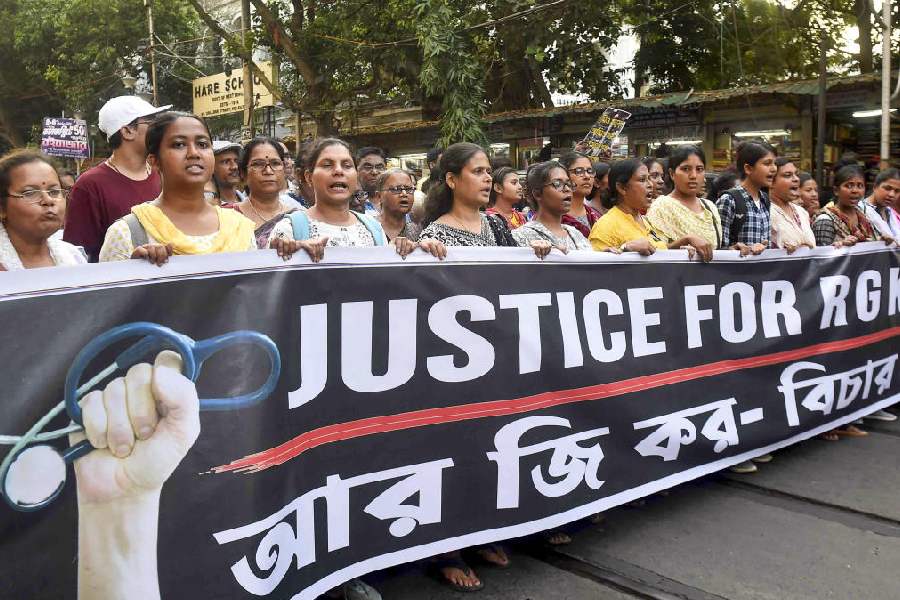An internal working group of the Reserve Bank of India (RBI) has proposed the entry of corporate houses into banking and higher promoter stakes in the long run.
It has also recommended that large non-banks with an asset size of Rs 50,000 crore, including those which are owned by a corporate house, be allowed to convert to banks.
Some of its other recommendations include doubling the minimum initial capital requirement for new universal banks to Rs 1,000 crore and small finance banks to Rs 300 crore from Rs 200 crore.
The panel has also said the voting rights of any single non-promoter be limited to 15 per cent of the voting equity capital.
The central bank should also continue with the present structure of a non-operative financial holding company (NOFHC) for all new licences issued to universal banks. The RBI had constituted the internal working group (IWG) in June, chaired by its central board director P. K. Mohanty.
The panel in its report submitted on Friday made more than a dozen recommendations, but three are significant.
The first one related to the entry of corporate houses into banking. The central bank had toyed with the idea in the past but stayed away from allowing any large industrial house to enter banking because of governance concerns and the risk of conflict of interest with the fear being that group firms or associate companies could stand to gain if an entity in the same group sets up a bank.
The panel said large corporate or industrial houses be permitted to promote banks only after necessary amendments to the Banking Regulations Act, 1949 to deal with connected lending and exposures between the banks and other financial and non-financial group entities .
It also called for strengthening of the supervisory mechanism for large conglomerates, including “consolidated supervision” which means that the RBI could supervise other entities in a group as well to ensure that banking norms are not violated.
“Notwithstanding the merits of permitting large corporate/industrial houses to own banks, certain pre-requisites may be necessary before considering the same in view of valid concerns,” the panel said. According to the current rules for universal banks, minimum 40 per cent of the promoters holding is locked in for five years. Thereafter it has to be brought down to 30 per cent within 10 years and 15 per cent within 15 years.
In 2016, the voting rights cap was raised by the RBI to 26 per cent. The panel said there is a need to harmonise the rules.
It recommended that while the current rules relating to promoters’ shareholding in the bank being at least 40 per cent in the initial five years of operations of a new bank should stay, the cap on promoters’ stake in the long run (15 years) be raised from the current 15 per cent to 26 per cent of the paid-up voting equity share capital of the bank.
The committee recommended that well-run large NBFCs with an asset size of Rs 50,000 crore and above, including those which are owned by a corporate house, may be permitted to convert to banks provided they have completed 10 years and meet due diligence criteria.










